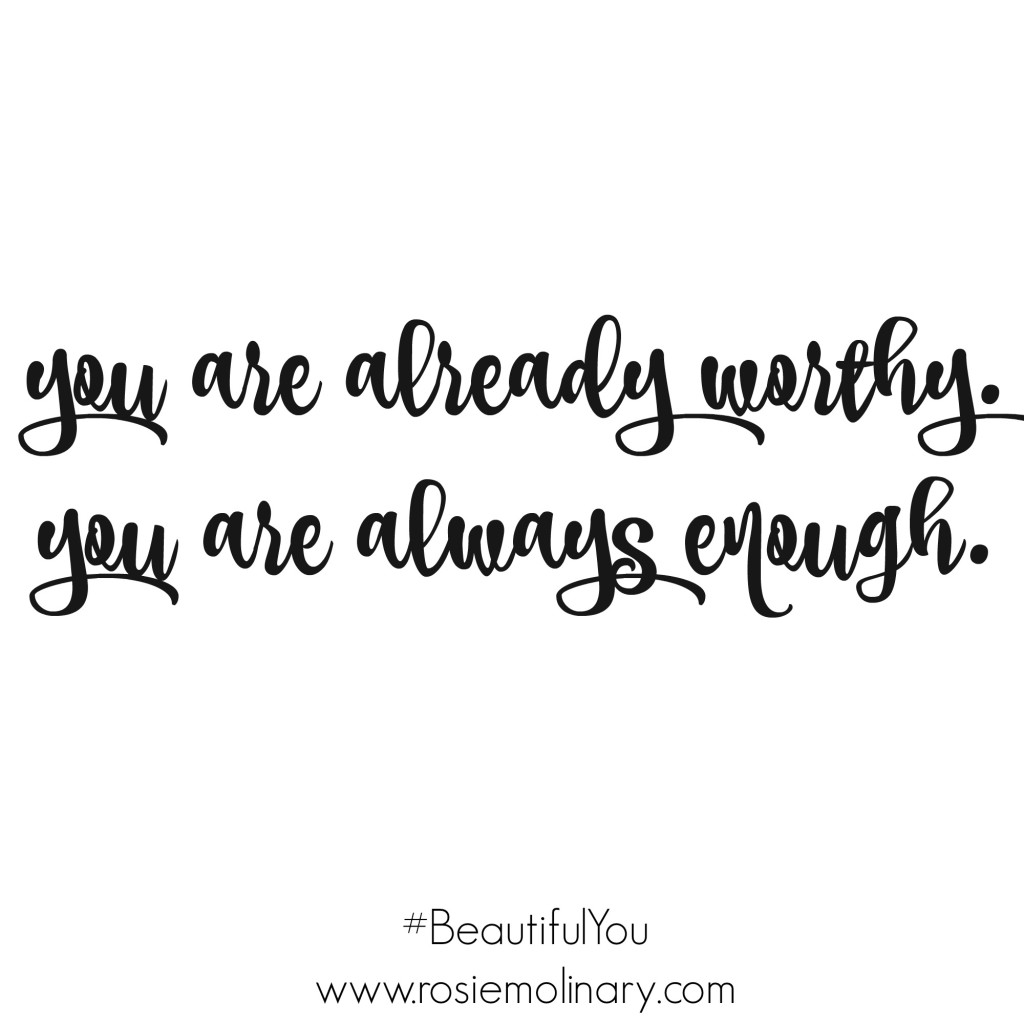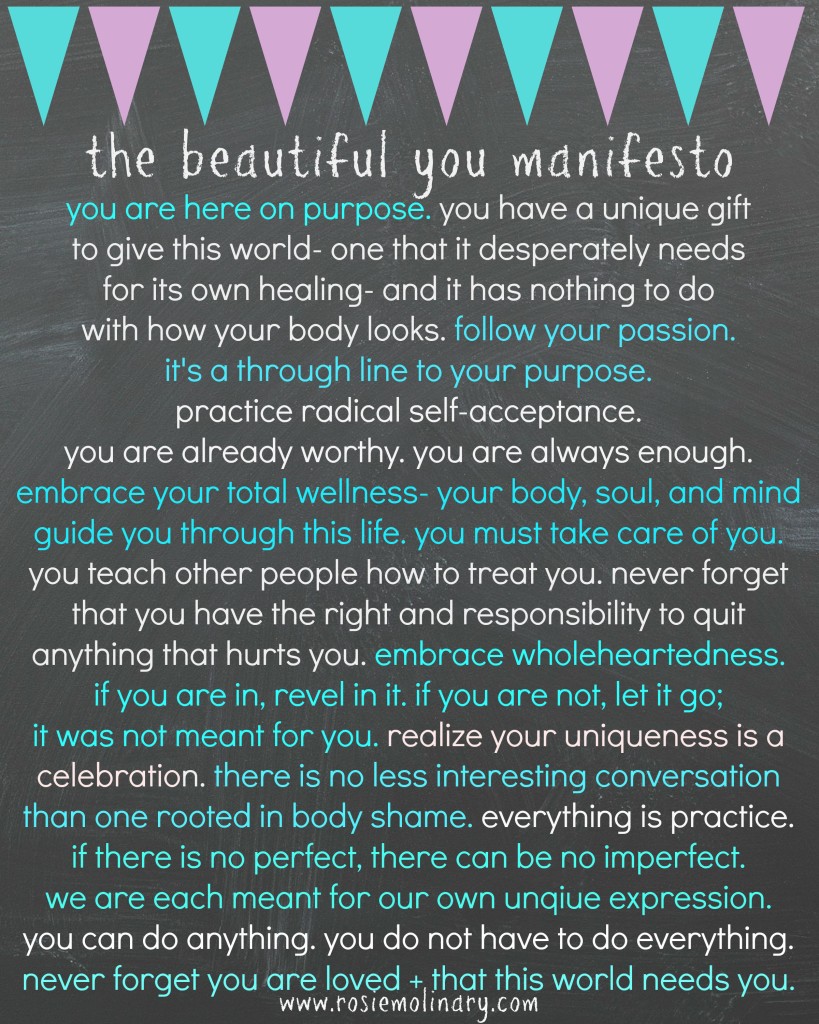Over the years, whether I was personally reflecting or in the role of friend, teacher, volunteer, partner, or just casual observer, I’ve come to realize that so much of our pain is the result of a lack of awareness of our own self-worth. Pain like that morphs, aggravating itself in some way or other, over and over again.
When I was young, I worked with young men who were gang-affiliated. Sometimes, friends who have known me for decades are struck by what they see as the contrast in the work that I do now, helping people embrace and practice greater self-acceptance. But, for me, the work has always been the same. It’s about walking alongside people in a way that allows them to see their value. If you value yourself, you don’t hurt other people. And if you value yourself, you don’t hurt yourself. When we don’t value ourselves, we lash out. Sometimes it is outward, sometimes it is inward. The answer to changing all of that always lies within. We want so much to be heard and seen and understood, and the reality is the very first person we need that from is ourselves. If we can begin to see our own worth, the world expands for us.
I wrote Beautiful You: A Daily Guide to Radical Self-Acceptance to give people a tool where they could collect all the evidence of their worthiness. This isn’t a book where I tell you to believe in yourself. This is a book where you compile the proof- which is already inside of you- of how very worthy you are. The book provides readers with a journey into a relationship with themselves that is not adversarial and that is life changing. Today, I want to share with you an excerpt from the brand new edition of Beautiful You: A Daily Guide to Radical Self-Acceptance.
Imagine a line: a continuum from self-hate to self-love, with self-hate being the furthest point to the left and self-love being the furthest point to the right. I like to think of self-acceptance as neatly residing between them—a position of neutrality about the self—a place where one understands that she has worth and power and dignity simply because she exists. Worth does not need to be earned. It doesn’t have to be proven. It just is.
For some people, the concept of self-love is terribly uncomfortable for a litany of reasons: upbringing, faith, culture, ideas around language, etc. What they imagine it to be makes them self-conscious. So having self-love be the ideal destination feels inauthentic (to themselves) and, thus, they avoid it, choosing a relationship with the self that looks like the opposite of self-love, lest anyone think they are self-impressed or arrogant or anything else.
Let me be clear that I do not think that practicing and embracing self-love is being self-impressed or arrogant. Sometimes semantics can keep us away from a practice that might be good for us. Embracing self-acceptance can be a more accessible way to build a positive, healthy relationship with ourselves.
Imagine self-acceptance as a position of neutrality about the self, rooted in our decision not to have an adversarial relationship with our self. Your worth doesn’t have to be earned. You aren’t bad, ruined, imperfect. There is nothing fundamentally wrong about you. In fact, you are fundamentally right because you exist: because you, just like every other person, were put here on purpose. Worth, you see, is your birthright just as it is the birthright of everyone else. Ultimately, you chose to recognize your humanity just as you recognize and respect the humanity of others.
Today: Consider what self-acceptance would give you if you decided to embrace the practice in your life. How would your life be different? In what ways do you need to see the world as more abundant? How do you begin today?




